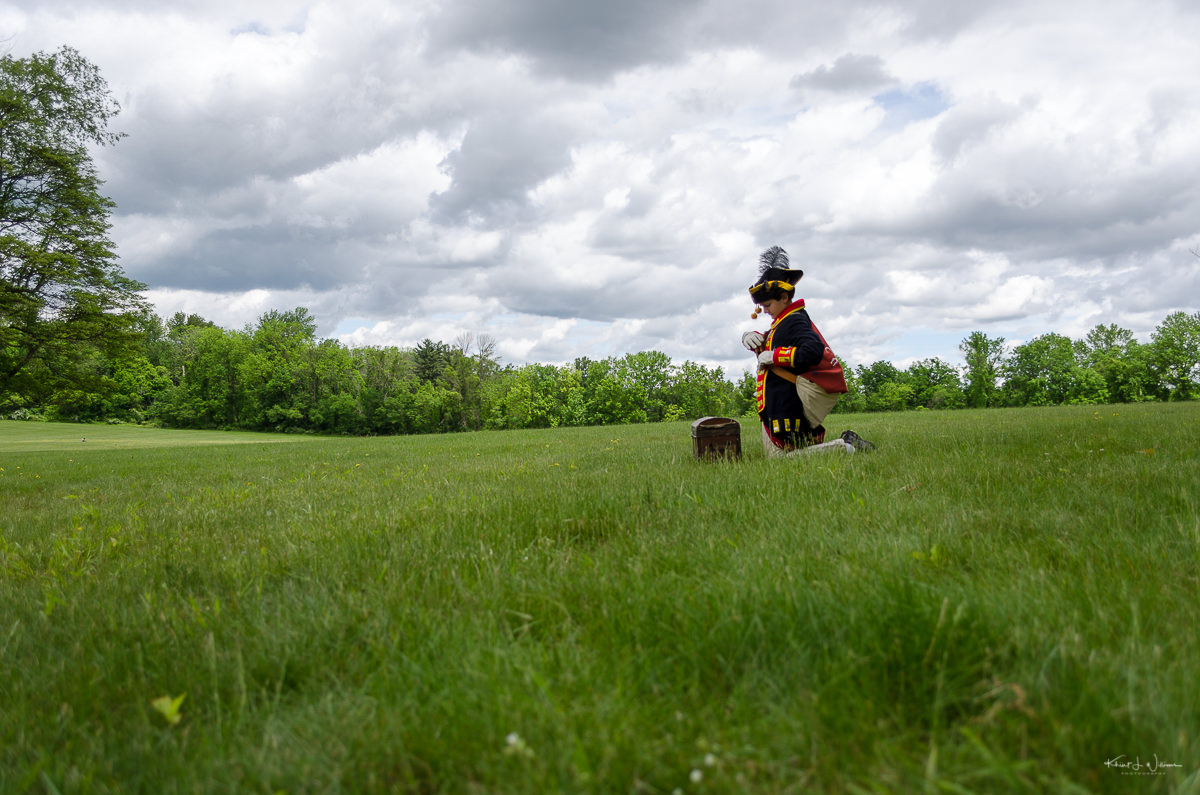“The reason we focused on Facebook, and not Google or any of the other tracking companies, is because the very fact that apps – like a period tracker or an LED flashlight [app] – share data with Facebook will come as a surprise to many people. And, especially for those who have made a conscious decision not to be on Facebook,” said Frederike Kaltheuner, researcher with Privacy International, during her talk on Saturday.
I would have thought the Android OS privacy feature would mitigate this risk. I guess not.

